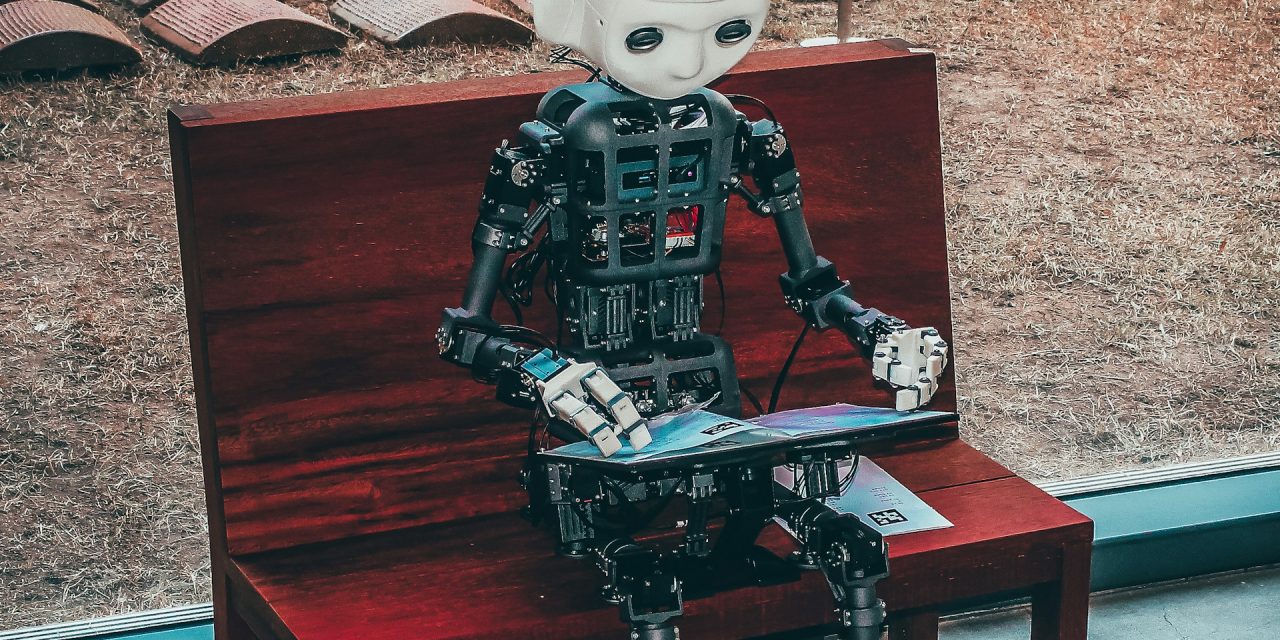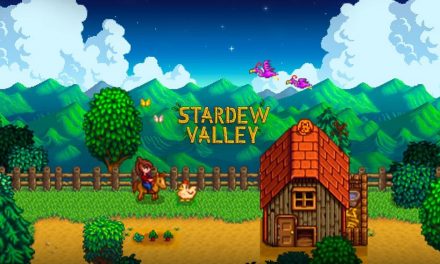As we approach 2025, artificial intelligence (AI) continues to reshape industries, and the gaming world is no exception – as can be seen on promoguy. The application of AI in non-playable characters (NPCs) has evolved significantly, moving beyond simple scripted responses to fully dynamic, immersive interactions. NPCs powered by AI are now revolutionizing game worlds, creating deeper, more interactive experiences that blur the line between virtual and real-life scenarios.
The Shift from Scripted to Adaptive NPCs
Traditionally, NPCs in video games operated based on predefined scripts. Developers would create a fixed set of responses and behaviors for NPCs, making their interactions with players predictable and often repetitive. This worked for years, but it limited the immersion and realism that players could experience.
However, with advancements in AI, this is rapidly changing. Modern NPCs are now powered by sophisticated machine learning algorithms that allow them to adapt to player actions in real-time. These AI-driven characters analyze player behavior, adjust their dialogue, and even change their strategies dynamically. This shift from scripted to adaptive NPCs makes game worlds feel more alive, allowing for unique gameplay experiences every time a player interacts with these characters.
Realistic Behaviors and Emotional Intelligence
One of the most groundbreaking developments in AI-powered NPCs is the integration of emotional intelligence. These NPCs are no longer confined to binary decision-making or emotionless responses. Instead, they can simulate a range of emotions and make decisions based on the emotional context of a situation.
For example, in a game where players must negotiate with NPCs, the AI can evaluate the player’s tone, choice of words, and actions to determine the most appropriate response. An NPC may become hostile, neutral, or friendly based on how the player engages, resulting in more personalized and meaningful interactions. This emotional responsiveness adds depth to the game world, making NPCs feel more human and less like mechanical elements of the game.
Enhanced Worldbuilding and Storytelling
AI-powered NPCs are also transforming the way stories are told in video games. Instead of relying on static narratives, developers are creating dynamic storylines that change based on player decisions and NPC behavior. These AI-driven characters can remember past interactions, influence future plotlines, and even form relationships with players based on their actions throughout the game.
This level of worldbuilding was nearly impossible with traditional game design, as developers had to account for every possible player decision manually. Now, with AI, NPCs can create branching narratives on their own, making each player’s experience unique. This elevates the storytelling in video games, turning them into more complex, living worlds rather than linear story-driven experiences.
The Future of Multiplayer and Open-World Games
The impact of AI-powered NPCs is perhaps most significant in open-world and multiplayer games. These expansive game worlds are often populated by hundreds or thousands of NPCs, each with their own unique roles. Traditionally, these characters would follow simple, predictable routines, contributing little to the overall immersion.
In 2025, however, AI-driven NPCs are becoming essential to open-world environments. Players can now engage with NPCs that have individual motivations, goals, and behaviors. In multiplayer settings, NPCs powered by AI can serve as dynamic allies or adversaries, adjusting their tactics and cooperation based on the evolving nature of player interactions. This adds a layer of unpredictability and excitement, making every encounter feel fresh.
Conclusion
As we move into 2025, AI-powered NPCs are poised to revolutionize the gaming landscape. From adaptive behaviors and emotional intelligence to dynamic storytelling and enhanced worldbuilding, these advancements are pushing the boundaries of what is possible in video games. While there are challenges and ethical considerations to address, the future of AI in gaming promises richer, more immersive experiences that continue to evolve with each interaction. Players can look forward to a new era where NPCs are not just characters but integral parts of living, breathing game worlds.










![[Rumor] Chrono Trigger remake or remaster could already be in development](https://vgleaks.com/wp-content/uploads/2026/02/chrono-trigger-150x150.jpg)


